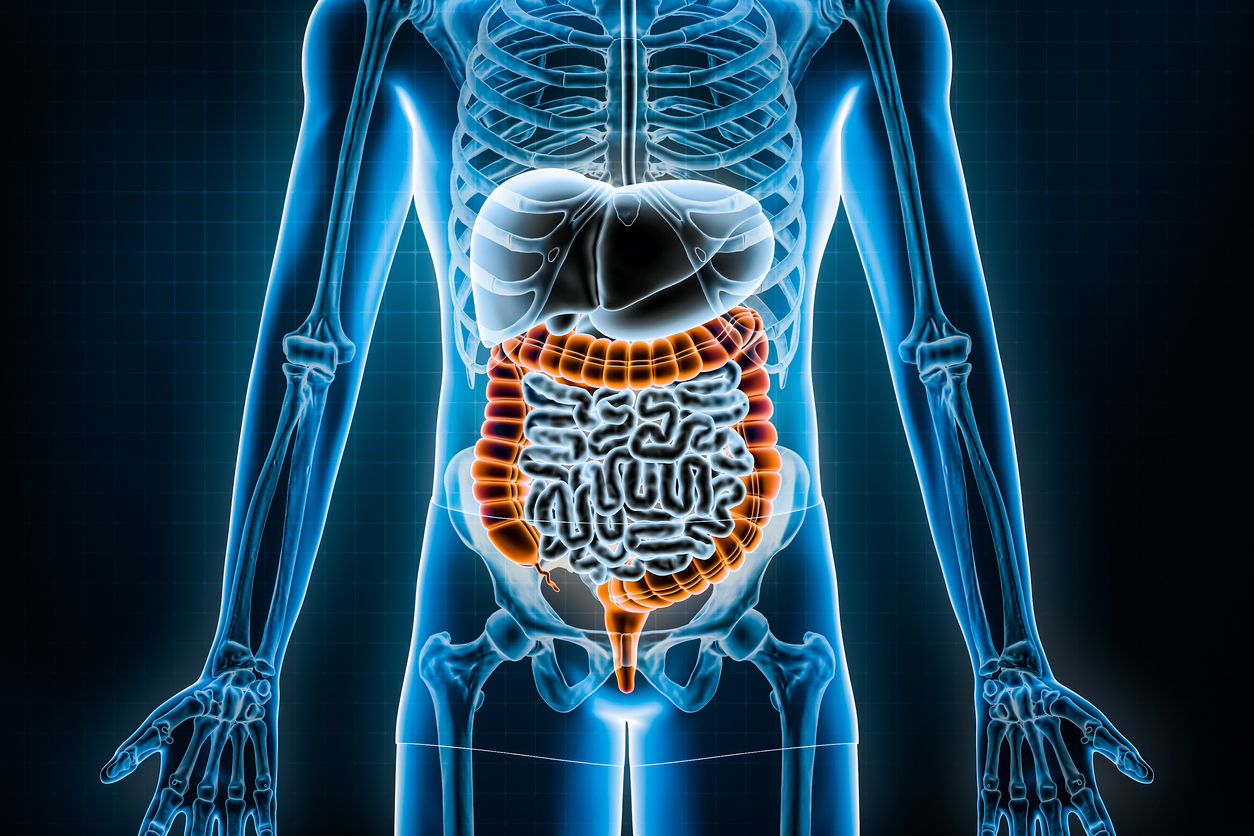Incarceration is characterized by the theft of one’s dignity, an almost total lack of privacy, and daily humiliations – both micro and macro.
One of the most extreme of those humiliations, which very few people on the outside have ever heard about, is called the “dry cell.” I bet you’d never guess what that means, unless you’ve spent time inside. But you’re about to find out.
Leon Stanton is a 43-year-old Pennsylvania man incarcerated at USP McCreary in Kentucky. He was thrilled recently to be visited by his wife, the first time in a while in which they could sit across from each other without a plexiglass barrier. Many other niceties are still missing, however. No photos are allowed. (Normally, in return for the purchase of a ticket, a prisoner who has been selected for the job will take your photo with your loved one.) As Leon explains, “Photos capture a moment that may be your last. You never know.”
While visitors are allowed to eat food from the vending machines, prisoners are not – depriving them of a shared family experience.
And then there is the treatment of children. After a hug and a kiss when they first enter, children are not allowed to touch their father for the rest of the visit. “How do you tell a 2-year-old that their father, who’s sitting directly across from them, can’t play with or hug them? It hurt to see this one little girl crying to be close to her father. But if she had touched him, her visit would have been terminated. The confused look on her face still bothers me.”
Hide and seek
But the ultimate torment came after the visit. The smuggling of drugs and other contraband is a big problem for prisons, no doubt about it. (Although, it should be noted that prison staff are culprits as well.) And prisoners and their visitors are very creative; body cavities are common hiding places. Thus, in addition to being strip searched, prisoners are x-rayed after visits.
“If they’re going to x-ray everyone, there’s no need to strip search as well. What are they going to see that the x-ray machine won’t? This leads me to believe that the strip search is for the staff’s personal gratification, to humiliate us,” observes Leon.
The x-rays are where dry cells come in. If a staff member sees evidence that a prisoner has swallowed a packet of drugs, for example, he is sent into a cell that lacks a toilet and sink, and thus he is unable to “dispose” of the evidence once he excretes the contents of his digestive system.
In Leon’s case, the woman operating the x-ray machine thought she saw evidence of drugs in his lower intestine, and off he went to the dry cell.
“What made this so hard for me was that I contracted H-pylori at another institution, so I have chronic constipation. I have to use stool softeners and laxatives to help me move my bowels,” he explains. “Prison food doesn’t help. It’s often undercooked. And our last warden fed us bologna every day for about five consecutive months.”
So, Leon couldn’t defecate, and spent all night in the dry cell. “The next day, I asked for a laxative. They finally gave me oatmeal a little before 7 a.m., and shortly after, I was finally ready. I let the staff member assigned to me know, but they wanted the lieutenant in charge to be there and observe! More than an hour went by, along with a shift change, but the lieutenant didn’t appear. At this point, I was hurting! I couldn’t hold the bowel movement any more. I warned them that if they didn’t get somebody down there, they would have to scrape it off the floor. I waited 10 more minutes and then I did what I said I’d have to do. ll these staff members ran in and acted like I was trying to recover something from my feces. They roughed me up and put cuffs on me, real tight, asking what I was trying to hide, etc. I said, ‘check your camera!’”
Later, a more senior staff member looked at the x-ray results and concluded Leon just had a lot of gas. None of that torture had been necessary.
“I’ve been incarcerated nearly 14 years and have never been put through any of this dry cell stuff until I got to McCreary,” Leon says. “It has caused me so much anxiety. And it’s not just me, it’s also my wife. She doesn’t go through it physically the way I do, but she feels it mentally. We’re both traumatized.”




